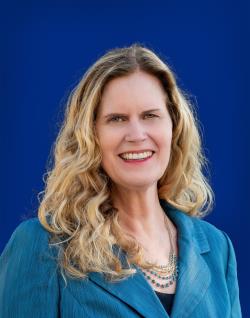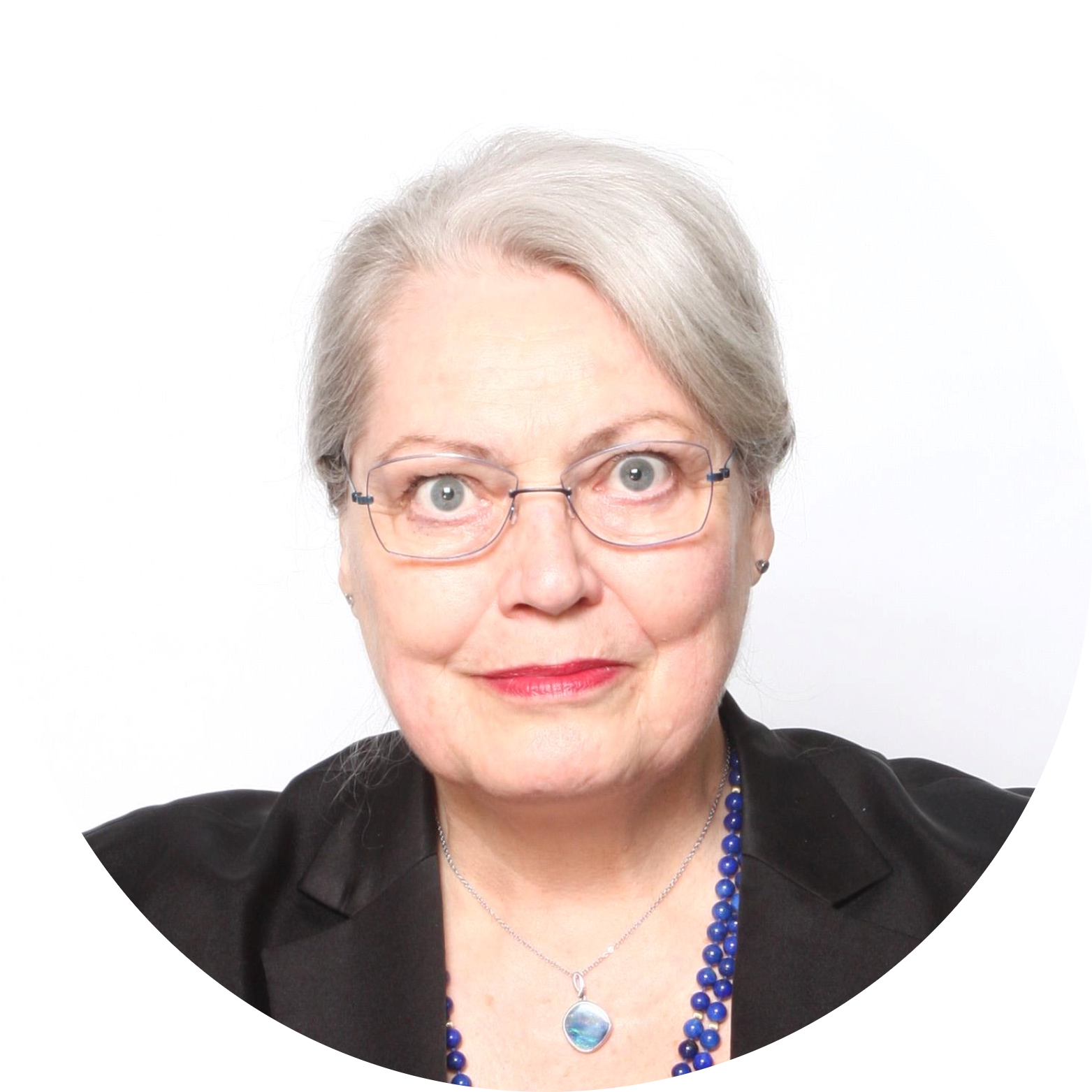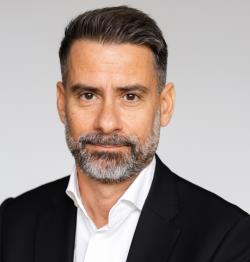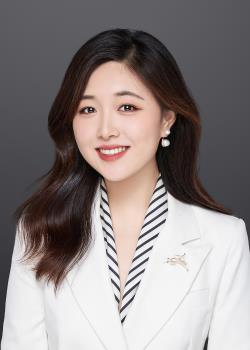Global Standards for a Sustainable Digital Future
Institute of Electrical and Electronics Engineers, Inc. (IEEE)
Session 350
Building Bridges for Tomorrow
As the world becomes increasingly interconnected, global standards play a pivotal role in ensuring that Information and Communication Technologies (ICTs) and emerging digital innovations are designed to be scalable, secure, and accessible for all.
Digital cooperation, as emphasized in the UN Secretary-General’s Roadmap for Digital Cooperation, is essential for creating a collaborative, safe, and sustainable digital future. The multi-stakeholder model in global standards development fosters transparency and global applicability, ensuring that digital infrastructure and services help support the World Summit on the Information Society (WSIS) outcomes for ICT development and achievement of the UN Sustainable Development Goals (SDGs).
Open, consensus-driven standards provide the necessary foundation for digital transformation, sustainable development, and responsible technology governance, contributing to the achievement of the SDGs, the principles outlined in the UN Global Digital Compact (GDC), and in support of WSIS outcomes.
The session will explore real-world examples of how global technical standards are enabling progress in sustainability, connectivity and digital inclusion, with the aim to foster collaboration, share practical insights and inspire meaningful engagement in standards development. By focusing on the potential of open standards to drive positive change, this workshop can encourage collaboration and commitment to creating a sustainable digital future.

.png?maxwidth=250)


.jpeg?maxwidth=250)
-
 C2. Information and communication infrastructure
C2. Information and communication infrastructure
-
 C4. Capacity building
C4. Capacity building
-
 C5. Building confidence and security in use of ICTs
C5. Building confidence and security in use of ICTs
-
 C6. Enabling environment
C6. Enabling environment
-
 Goal 9: Build resilient infrastructure, promote sustainable industrialization and foster innovation
Goal 9: Build resilient infrastructure, promote sustainable industrialization and foster innovation